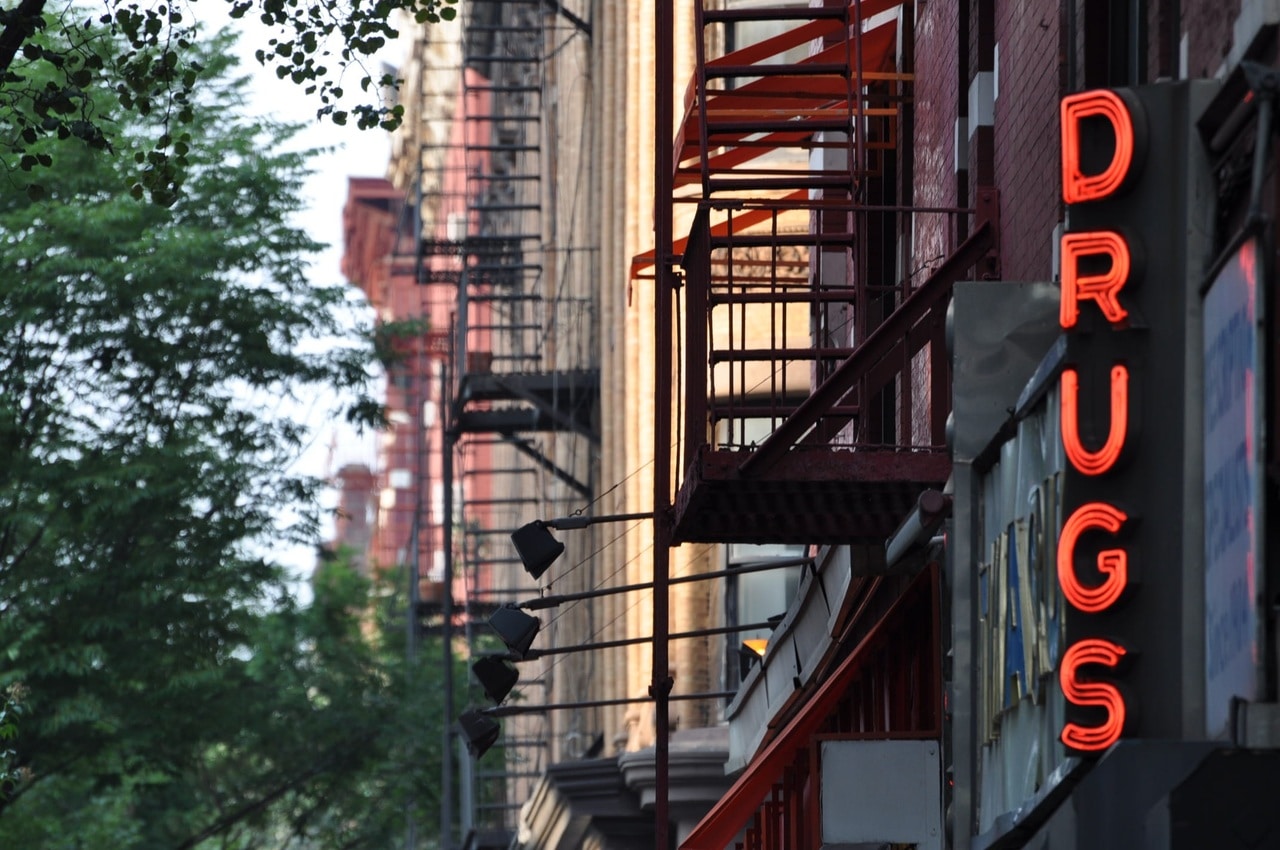

There is an unfortunate number of substances that can be seriously dangerous for your health and well-being should you quit taking them cold-turkey, or without the supervision of a healthcare or addiction professional. The nature of addiction means that your body or brain has a dependency and requirement on the substance you are withdrawing from.
The lack of that substance in your body throws you out of whack. This can lead to reactions as simple as discomfort or fatigue, or as devastating as long term neurological issues and death. Let’s go over the three main dangers below.
When alcohol enters the brain, it causes levels of dopamine and GABA (gamma-aminobutyric acid) to be increased. Both are chemical messengers that the brain normally uses to tell the rest of the body how to feel. Dopamine affects pleasure sensations, motivation, sleep functions, memory, and learning, while GABA is involved in mitigating and controlling the stress reaction. As levels of GABA increase, the central nervous system is depressed, slowing breathing, heart rate, and blood pressure, and lowering body temperature.
https://americanaddictioncenters.org/withdrawal-timelines-treatments/cold-turkey

Some serious withdrawal symptoms can occur when you detox from alcohol.
Alcohol is, by far, one of the most common addictive substances to be found in the world today. Its initial mechanism is not physiologically addictive, but psychologically: the stress reduction and dopamine provided by alcohol make us feel good. However, as time and use continue, your brain comes to physiologically rely on alcohol to maintain your stress reduction and pleasure reaction levels.
What happens when we pull this rug out from under the brain?
Headaches, dizziness, clammy skin, sweating, fatigue, nausea, hand tremors, vomiting, irritability, depression, muscle weakness, tachycardia (rapid heartbeat), memory issues, and wild mood swings are only the more superficial side effects.
Serious side effects include grand-mal seizures, hallucinations, and confusion can occur. Post-seizure body chemistry can change wildly to Alcoholic Ketoacidosis, which involves your body becoming unable to produce insulin. This can cause your heart and lungs to cease functioning, after which death soon follows.
Other symptoms of alcohol abuse that must be treated during the recovery process include massive dehydration and vitamin deficiencies, such as Vitamin B1 (thiamin). It is of the utmost importance to consult with a doctor or addiction professional about detoxing from serious alcoholism.

Detoxing from drugs or alcohol can be more difficult than you may think. Even if you don't think you have a problem.
The opioid withdrawal syndrome is often characterised as a flu-like illness, subjectively severe but objectively mild. Signs and symptoms include dysphoria, insomnia, pupillary dilation, piloerection, yawning, muscle aches, lacrimation, rhinorrhea, nausea, fever, sweating, vomiting and diarrhoea.
https://ndarc.med.unsw.edu.au/blog/yes-people-can-die-opiate-withdrawal
Withdrawal from opioids is what people most often think of when thinking of dangerous detoxification from drugs. Popular media has given us especially vivid portrayals of the detox process, but what are the real dangers?
Dysphoria refers to a state of unease, dissatisfaction, and may go hand-in-hand with depression, anxiety, or agitation. Insomnia, or difficulty sleeping, may make long nights miserable. Pupillary dilation (also known as ‘mydriasis’) and the accompanying sensitivity to light can make the light of day unpleasant and cause headaches. Piloerection refers to goosebumps or goose-pimples. Muscle aches and involuntary yawning may occur.
Rhinorrhea refers to a congested or runny nose, nausea is the urge to vomit, and fever is the rise in internal body temperature. However, the last two items on this list are the most important and most dangerous.
Uncontrollable vomiting and diarrhea can result in massive dehydration. This leads to confusion, seizures, and eventual death. Dehydration affects the balance of electrolytes in your body, which helps your body regulate nerve signals. An imbalance can cause muscle spasms or even unconsciousness.

When your body gets used to taking drugs or alcohol on a daily basis, you can develop severe physical reactions when you stop using.
Another side effect of dehydration is known as Hypovolemic Shock. This is a severe condition wherein your dehydration causes the volume of blood in your system to decrease, leading to reduced blood pressure, leading to less oxygen getting to your organs and cells.
The other side effect of excessive vomiting and diarrhea is known as Hypernatremia. This refers to elevated levels of sodium in your blood - too much salt. This leads to heart failure, and intracranial hemorrhage (bleeding inside your skull).
There are a variety of options for rehab and detox from opioids to do so in a safe, supervised manner. Please consult your doctor or addiction specialist for guidance and advice on your recovery journey.
Owing to the low therapeutic index of barbiturates, benzodiazepines (BZDs) became popular in this country and worldwide many decades ago for a wide range of conditions. Because of an increased understanding of pharmacology and physiology, the mechanisms of action of many BZDs are now largely understood, and BZDs of varying potency and duration of action have been developed and marketed.
https://www.ncbi.nlm.nih.gov/pmc/articles/PMC3684331/
Because of an increased understanding of pharmacology and physiology, the mechanisms of action of many BZDs are now largely understood.
BZDs of varying potency and duration of action has been developed and marketed at an increasingly rapid rate.
Benzodiazepines, such as Xanax (alprazolam), Clobazam (Onfi), Clonazepam (Klonopin), Diazepam (Valium, Diastat), Lorazepam (Ativan), and many others, are often prescribed in the United States and other countries.
Much like alcohol, they are also GABA enhancers, and the dangers of cold turkey withdrawal are very similar. Consult with a doctor or addiction expert before beginning a rehabilitation from their use.

Making the choice to seek professional help with your addiction can help minimize major health risks during the detox process.
Withdrawal from Benzodiazepines (hereon referred to as “benzos”) can be a very harsh experience. Again, much like alcohol, you must taper off your dosage. If you do not, the following symptoms may be experienced.
Anxiety, insomnia, irritability, restlessness, and hand tremors may all occur. Muscle spasms and sweating can be severe and unexpected. Headaches, tachycardia (racing heartbeat), hyperventilation (involuntary heavy breathing that leads to a “head rush”), nausea or vomiting, sensitivity to light or touch, and depression may all appear.
More severe symptoms include panic attacks, visual disturbances (blurred vision, or flashes of light), a feeling that your environment and things taking place are not real, delirium (a severe disconnection from reality and confusion), and life-threatening Grand-Mal Seizures.
Additionally, symptoms known as “rebound symptoms” may occur. These are often the very things you were prescribed (if applicable) benzos for to treat in the first place. Their sudden return may prove to be upsetting or disorienting.
In summary, ANY addiction recovery process should have the consult and oversight of a medical doctor or addiction professional, but these three classes of substance are the most dangerous. Please seek the correct help and supervision for your rehabilitation journey and never give up!